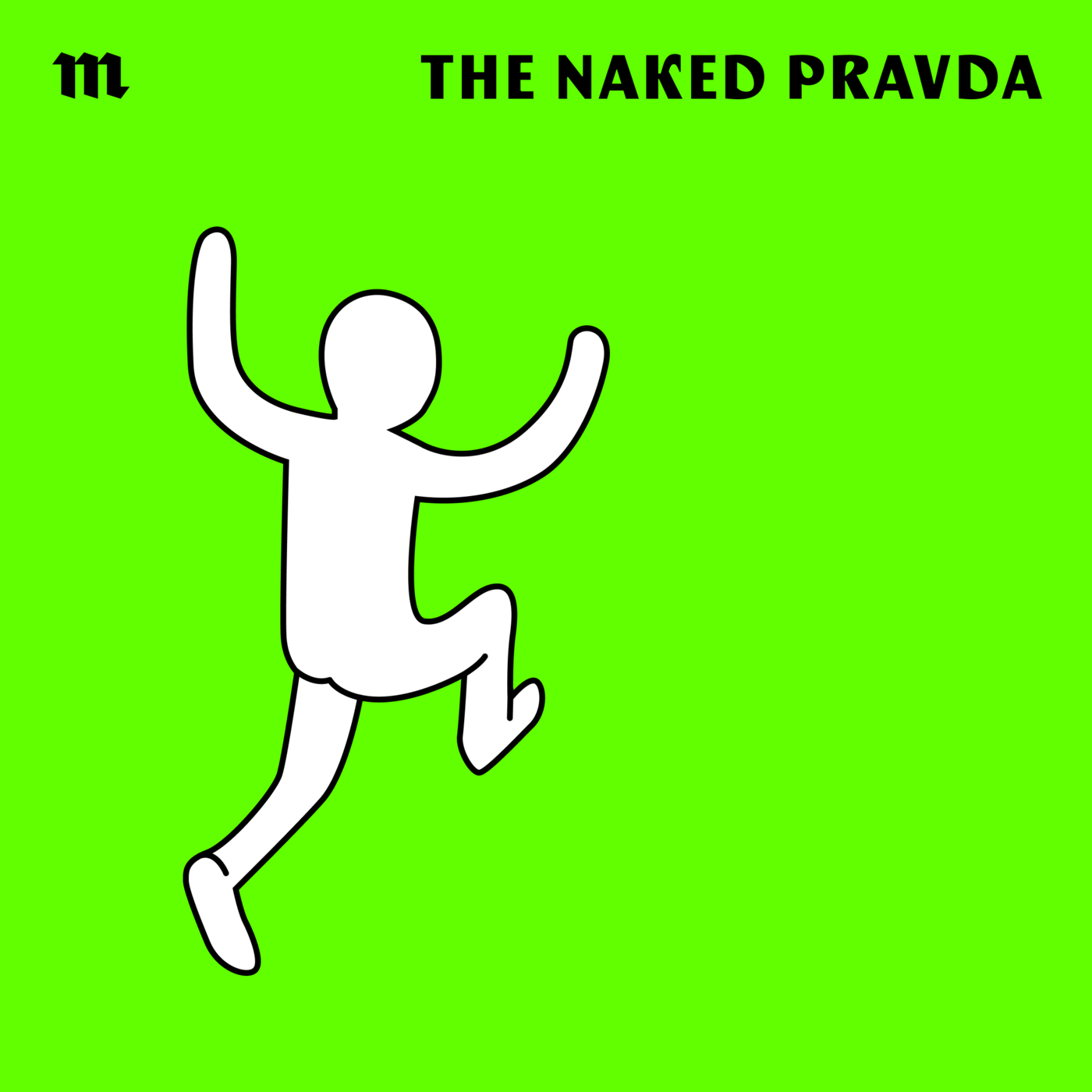
Russian youth culture and subcultures

The Naked Pravda
Shownotes Transcript
Late last month, there was a sudden and brief explosion of news reports in Russia and Ukraine about an ascendant youth movement of violence supposedly built around the subculture of anime fans. According to vague stories in the media, fistfights were breaking out at shopping malls and other public places as part of a transnational campaign by something called “PMC Ryodan.”
After a large fight in St. Petersburg led to dozens of arrests of Ryodan and anti-Ryodan youths, a federal lawmaker in the State Duma even appealed publicly to Russia’s Interior Ministry, demanding a ban on all content associated with “PMC Ryodan.” There was mass police action in Ukraine, too, where officials called PMC Ryodan an instrument of “Russian propagandists” leading an “informational-psychological operation” to “destabilize the internal situation in Ukraine.”
It turns out that the hysteria surrounding this youth subculture almost completely misunderstood the sporadic violence. Semantically, the first thing to grasp is that “PMC,” or private military company, is used facetiously when describing the Ryodan group. Members of this anime fan community are actually more likely to be the targets — not the instigators — of the brawls breaking out at youth hangouts. In fact, it seems the group got its “PMC” nickname after its followers started fighting back against the jocks who like to bully them.
The PMC Ryodan scare was especially perplexing abroad, where casual observers typically view Russian youth culture through the lens of a pro-Kremlin/anti-Kremlin dichotomy. But most young people in Russia, just like most people anywhere, don’t live and breathe polemics at every moment of the day with every fiber of their being. So, what can we say about Russia’s youth culture beyond the familiar Kremlin-based divide? The Naked Pravda asked two scholars for answers.
Timestamps for this episode:
-
(6:41) Dr. Kristiina Silvan), a postdoctoral fellow in the Russia, EU’s Eastern Neighborhood, and Eurasia research program at the Finnish Institute of International Affairs, describes the differences between contemporary Western sociological methodologies and research approaches from the USSR.
(10:06) Dr. Felix Krawatzek), a senior researcher at the Center for East European and International Studies in Berlin, compares survey studies and fieldwork.
(13:04) The political vs. apolitical
(22:34) Russian-language culture and subcultures spreading internationally online
(25:31) The significance of so-called “soccer hooligans” and gopniki
- (32:13) The 1990s as a reference point
Как поддержать нашу редакцию — даже если вы в России и вам очень страшно)